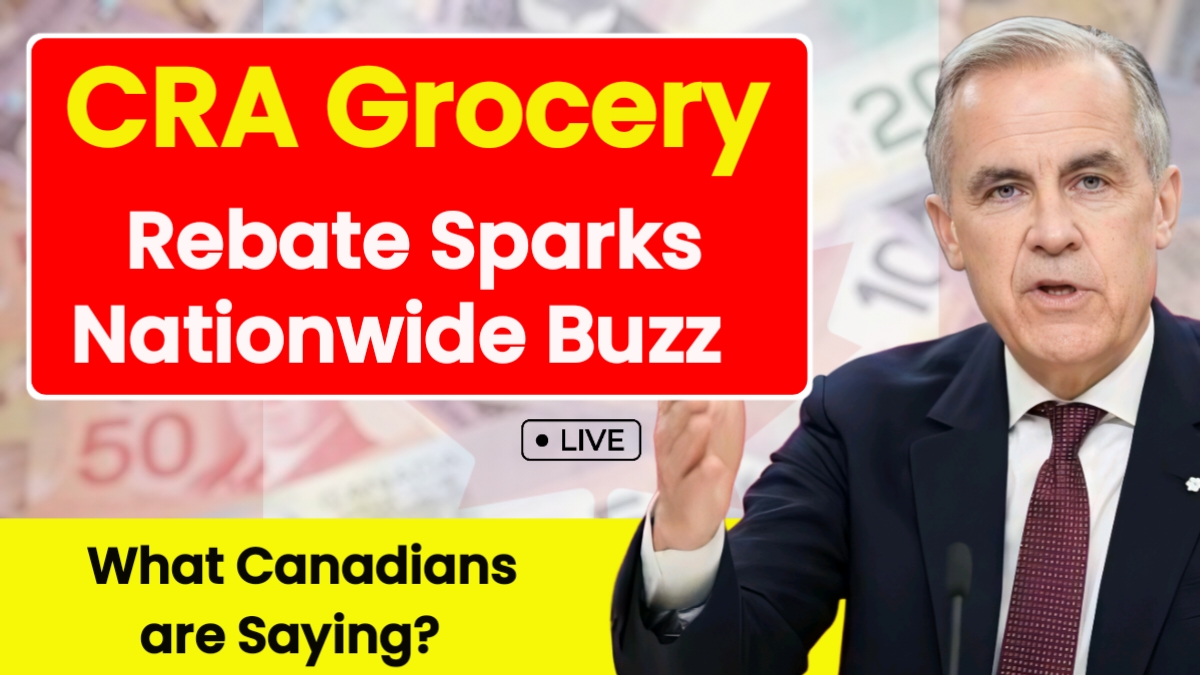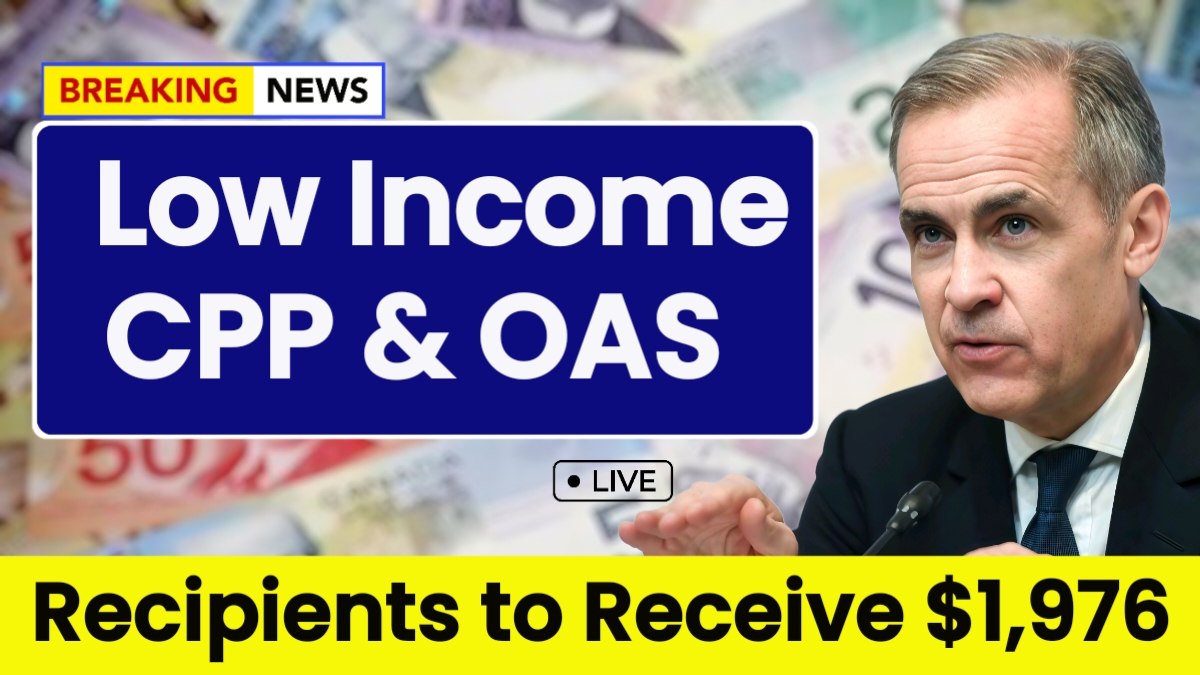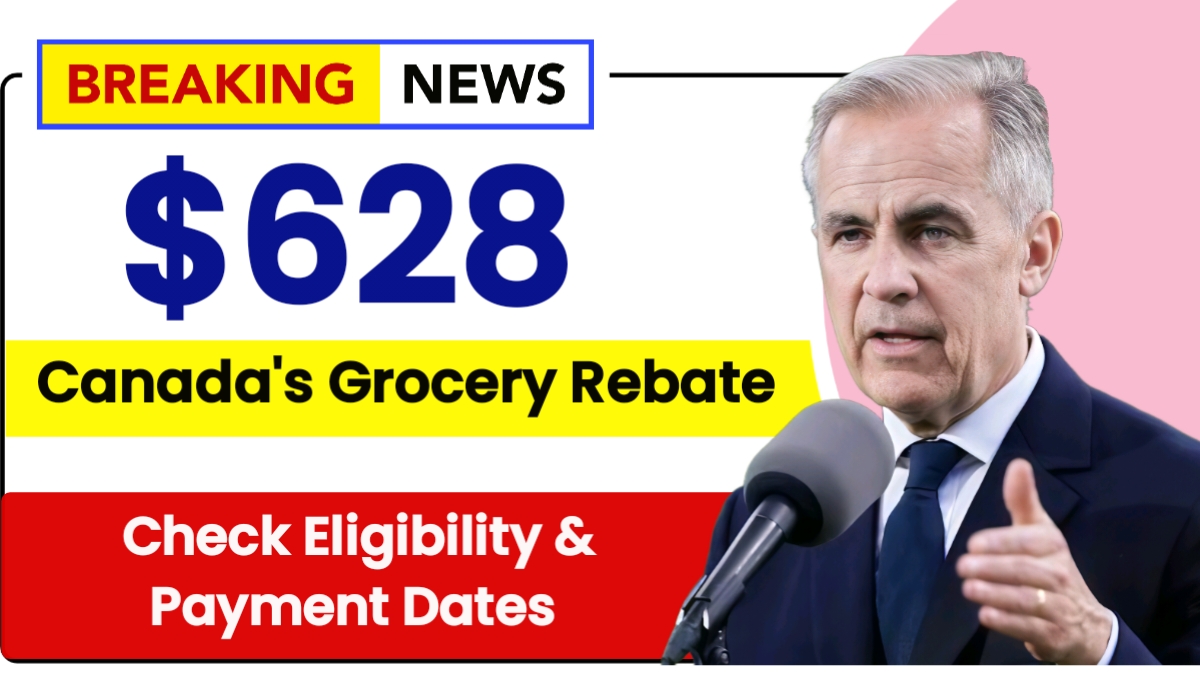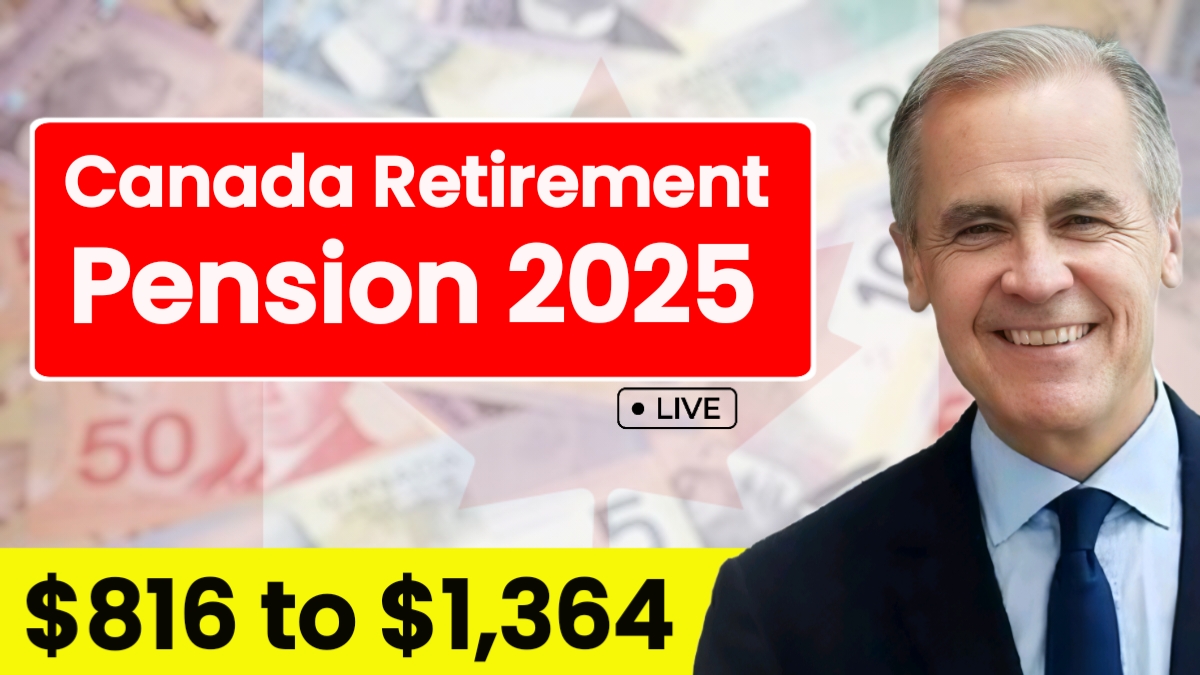When the CRA Grocery Rebate began arriving in Canadians’ bank accounts in July 2023, it ignited a flurry of reactions across the country. While many low- and modest-income households welcomed the financial relief, others were quick to point out its limitations. For some, the one-time payment covered a week’s worth of groceries. For others, it felt like a temporary fix that failed to address deeper affordability issues in a rapidly rising cost-of-living environment.
Why the Rebate Was Introduced
The CRA Grocery Rebate was introduced as part of the federal government’s 2023 budget, specifically aimed at helping Canadians cope with skyrocketing grocery bills caused by persistent inflation. The payment was not a standalone program but an enhancement to the GST/HST credit issued earlier in the year. Recipients didn’t need to apply—eligibility was based on 2021 tax filings, and payments were made automatically to those who qualified.
As food prices climbed faster than wages, especially for basic staples like fruits, vegetables, and dairy, the government positioned the rebate as a fast and targeted response. Though intended as a cushion against inflationary pressure, the rebate also became a talking point about how governments should be addressing financial insecurity in the long term.
How Much Was Paid and to Whom
The payment amounts varied depending on household composition. Single Canadians received up to $234, while seniors living alone could receive up to $255. A couple with two children qualified for as much as $467. The CRA issued the payments on July 5, 2023, either via direct deposit or mailed cheque, depending on the recipient’s existing arrangements with the agency. However, these payments were only available to those who had filed their 2021 income tax return and who met the income thresholds used to determine GST/HST credit eligibility.
Public Sentiment and Criticism
While some Canadians expressed appreciation for the temporary relief, many also voiced frustration that the rebate was insufficient and overly exclusive. People whose income slightly exceeded the eligibility cutoff reported feeling left out, despite facing similar financial challenges. In cities like Ottawa and Toronto, working professionals—including teachers, nurses, and single parents—shared stories of struggling with grocery bills despite earning above the threshold.
A common sentiment echoed across social media and news interviews was that while the rebate helped briefly, it did not reflect the scale or persistence of grocery inflation. Many recipients spent the funds within days, highlighting the disconnect between one-time payments and ongoing monthly expenses.
What Experts Had to Say
Economists and social policy experts were quick to weigh in on the rebate’s limited impact. Dr. Jennifer Robson, a professor at Carleton University, described the payment as a useful stopgap but not a viable long-term solution. Experts noted that while targeted transfers like the grocery rebate can provide immediate assistance, they do little to address systemic problems like wage stagnation, food insecurity, and supply chain vulnerabilities.
Policy analysts suggested alternatives, including expanding existing programs such as the Canada Workers Benefit and the Canada Child Benefit. Others proposed region-specific measures like subsidies for remote communities, where grocery prices are significantly higher due to transportation costs and limited access.
No New Grocery Rebate Planned for 2025
As of now, there are no plans to issue another grocery rebate in 2025. However, Canadians are advised to file their income taxes annually, even if they have little or no income, as CRA benefits are often based on tax filings. Signing up for direct deposit remains the best way to ensure faster and more secure payments in the future. The CRA also encourages Canadians to keep their personal information up to date to avoid delays in receiving any future benefits.
The Bigger Conversation
The rebate came at a time when grocery prices had risen over 8.5% in early 2023, fueled by global supply chain disruptions, labour shortages, and extreme weather events affecting food production. For many Canadians, the payment illuminated how even middle-income earners are being squeezed. Food banks across the country reported record-high usage rates, and more families reported skipping meals or cutting back on nutrition to make ends meet.
What Needs to Change
Organizations like Food Banks Canada and the Canadian Centre for Policy Alternatives (CCPA) argue that short-term cash infusions, while helpful, are not a solution. They advocate for broader, permanent reforms such as increasing social assistance rates, launching universal school meal programs, and even considering price regulation for essential goods. Without systemic changes, the next wave of inflation could leave even more Canadians vulnerable—and another one-time rebate may not be enough to catch them.
